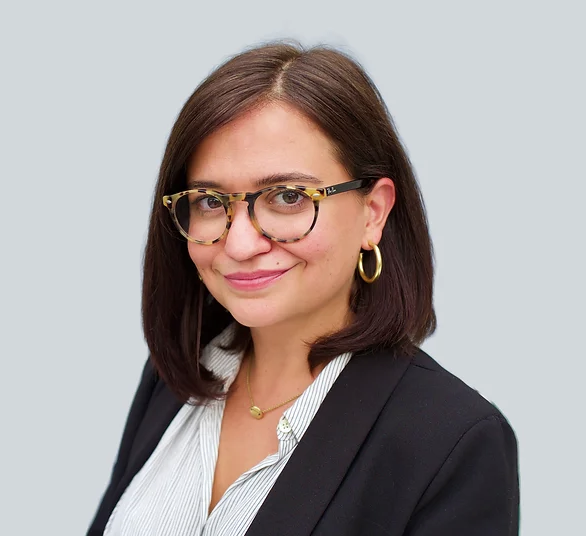
A Welcoming City? The Reception of Asylum-Seekers in Chicago
Over 20,000 mostly Venezuelan asylum-seekers have arrived in Chicago since August 2021 when Texas Governor Greg Abbott sent the first bus of asylum-seekers to the city as part of a political ploy to test the stated openness of migrant-friendly Democratic legislatures. In response, the City of Chicago bolstered its immigrant integration policies by vastly expanding asylum-seekers’ access to the welfare state, including by developing a brand-new shelter system to house new arrivals, which is separate from the network of existing homeless shelters and cannot be accessed by unhoused Chicagoans. This study is an urban ethnography of the City of Chicago that examines the experiences of asylum-seekers, as well as how the state, civil society, and residents have responded to new arrivals. Actions have ranged from providing housing, welfare benefits, and volunteer aid to the migrants, to organizing protests and appealing to the city to shut down shelters. Through observations in town hall meetings, neighborhood events, volunteer initiatives, police stations, and migrant spaces, as well as interviews with local residents of neighborhoods where migrant shelters have been opened, volunteers, and migrants themselves, we seek answers to the following research questions: (1) How do Chicagoans perceive and respond to the arrival of asylum seekers and city funded facilities to house them in their neighborhoods? (2) What role do existing axes of inequality–race, class, and gender— play in shaping grassroots responses to new arrivals, ranging from conflict to solidarity? (3) How are Venezuelan asylum seekers adapting to life Chicago?
Biography
Chiara Galli is Assistant Professor of Comparative Human Development at the University of Chicago. She received her Ph.D. in Sociology from the University of California Los Angeles in 2020 and was a postdoctoral fellow at Cornell from 2020 to 2022. She studies Latin American migration to the US, focusing in particular on the experiences of children and asylum-seekers, on how immigration policies shape migrants’ lives, and on the role of non-profits and volunteers in managing migration. She is the author of the book, Precarious Protections: Unaccompanied Minors Seeking Asylum in the United States (University of California Press. 2023), an ethnographic study that chronicles the experiences and perspectives of Central American unaccompanied minors and their immigration attorneys as they pursue applications for refugee status in the US asylum process. Currently she is working on two studies. First, with the support of the American Bar Foundation’s Access to Justice Scholars Program and in collaboration with Dr. Tatiana Padilla (Boston University), she is studying access to legal representation and determinants of case outcomes for unaccompanied minors in the U.S. immigration court using a large administrative dataset. Second, with a team of research assistants, she is conducting an ethnographic study on the reception of asylum-seekers in Chicago, with funding from the Center for International Social Science Research.
